Inventor and innovator Elon Musk has concerns about artificial intelligence and recently said he believes there’s a “one in billions” chance we aren’t living in a simulation.
Musk, the CEO of Tesla (developer of one self-driving car among other vehicles) and SpaceX (who is trying to make space travel affordable), might sound extreme at first glance, but the idea that the reality in front of us isn’t the “base” reality isn’t that outlandish.
Start by understanding the basics of the theory.
The underpinnings of his idea are about artificial intelligence (A.I.). Artificial intelligence is both exciting and a little terrifying, like all those sci-fi movies where the robots become sentient and destroy the humans. That’s actually a concern in artificial intelligence research, and part of why Musk has donated huge amounts of money to researching the dangers of artificial intelligence
Think of it this way: In the 80s, video game consoles like the original Nintendo were pretty basic with a serious lack of reality. Games like Tetris and Duck Hunt were pillars of that era. Now, games have become wildly realistic with players around the world playing simultaneously and talking to each other.
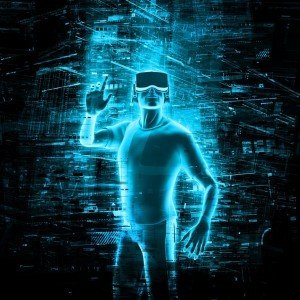 At the same time we’re seeing more and more virtual reality experiences becoming available to users.
At the same time we’re seeing more and more virtual reality experiences becoming available to users.
So Musk’s theory says that the progression we’ve seen in a relatively small amount of time will continue into the future. At some point these simulated realities will become just like the real world.
Musk puts it bluntly, “either we are going to create simulations that are indistinguishable from reality or civilizations will cease to exist.” The idea there is that if we aren’t continuing to innovate, something cataclysmic may have happened to halt the nearly unstoppable march of progress.
So, it’s not such a crazy idea.
Even crazier? It’s not a new idea.
You can go back as far as Plato to see this line of thinking, where it’s entirely possible that we may be living in something other than the “base reality.”
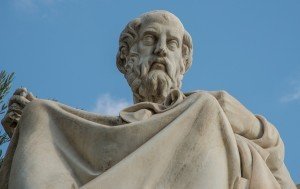
Statue of Plato in Athens, Greece
In Plato’s ““Allegory of the Cave,” a bunch of prisoners are bound, starting in childhood, in a cave where they aren’t able to see each other or anything other than a wall in front of them. Behind them is a fire that casts shadows on the wall. The shadows are people in the cave carrying things and living their lives. The prisoners have never seen anything but these shadows. It is their only reality.
One prisoner is freed or forced to face the fire. S/he would become disoriented and not believe what they are seeing is reality, because all they’ve ever known for years and years is the shadow world.
The notion that the world in front of us isn’t the “true” reality is an old philosophical idea with solid reasoning to it. Musk’s grounding in the world of advanced technology and cutting edge innovation makes his assessment a logical modern extension of Plato’s cave.
Whatever your thoughts about the dangers and advantages of artificial intelligence and virtual reality, Musk’s theory is an interesting concept that could change our perception of reality.

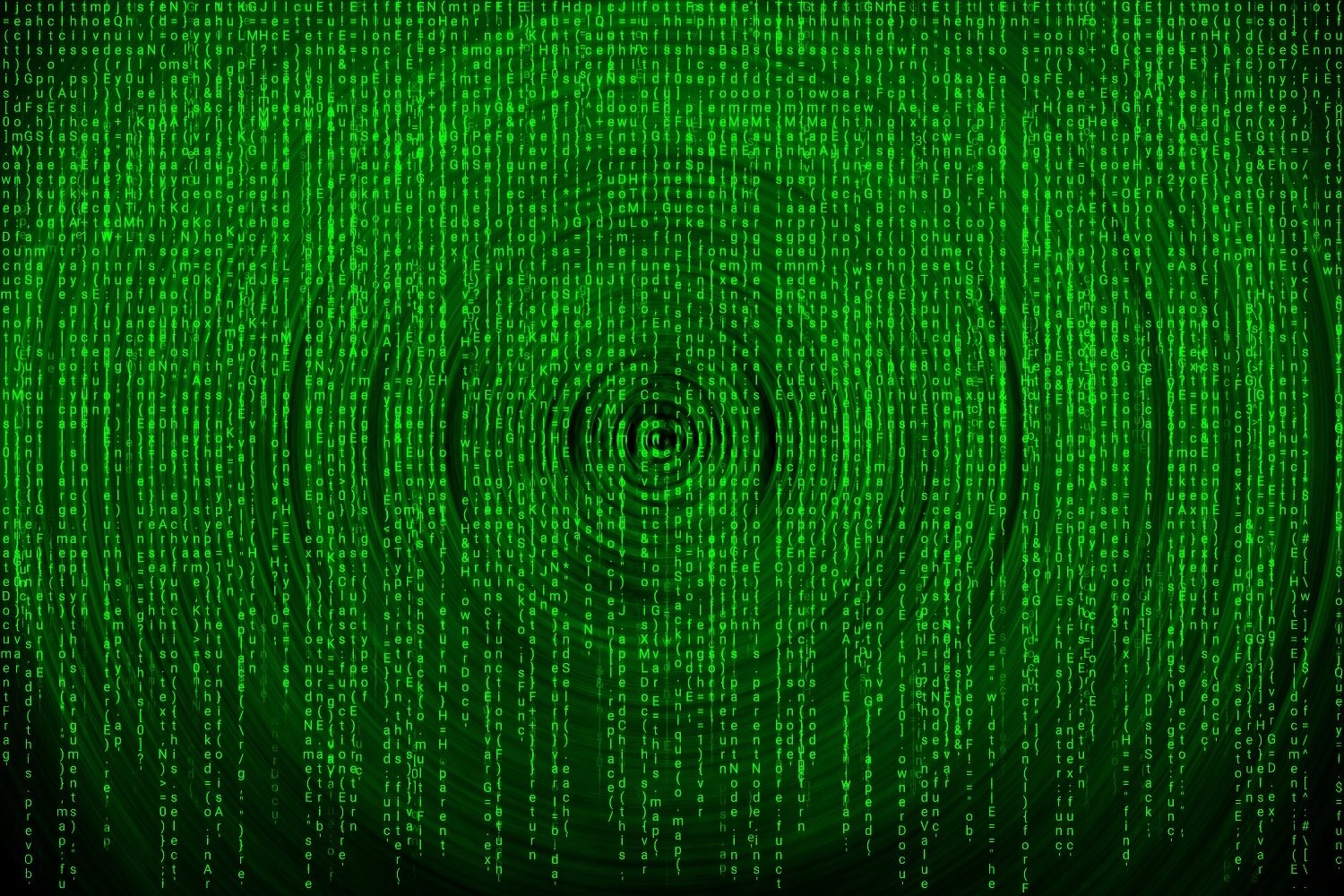

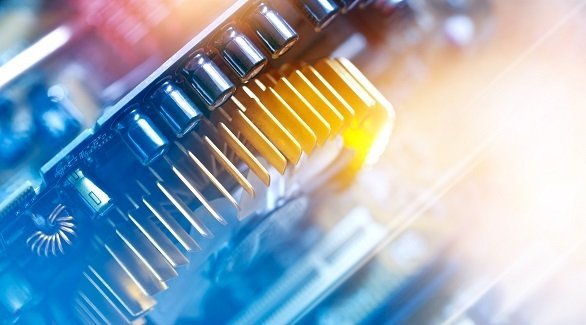
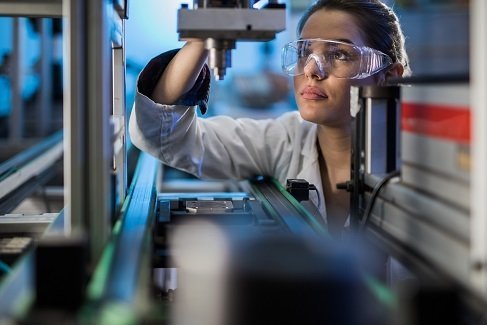
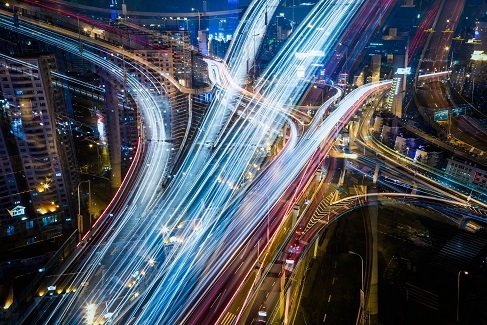

Leave A Comment
You must be logged in to post a comment.